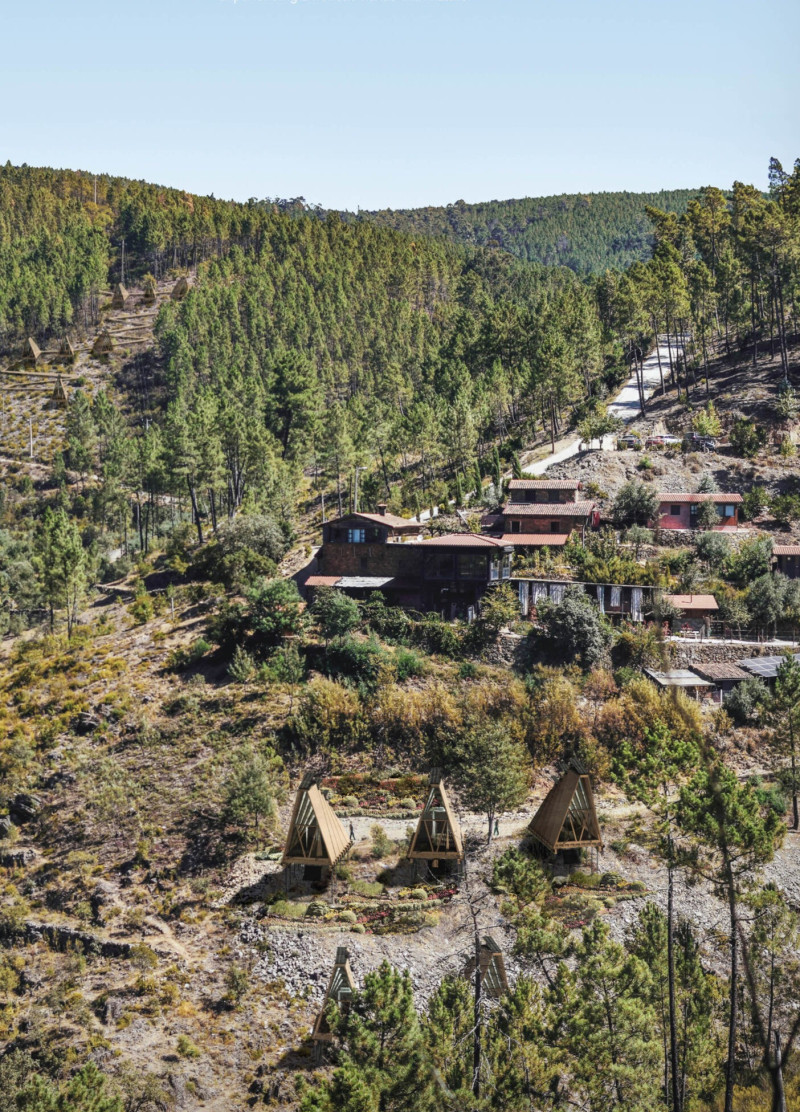5 key facts about this project
Namaste Cabins is located in Valle de Mosses, serving as a space designed for meditation and reflection. The cabins are modular, meaning they can adapt to different user needs and functions. Each structure fits into the landscape, encouraging a deep connection between nature and those who seek solitude or wellness. The overall design concept centers on sustainability and the harmonious integration of the built environment with the natural world.
Design Concept
The design emphasizes a strong relationship between the interior of the cabins and the breathtaking views outside. Each cabin's orientation maximizes exposure to the surrounding landscape, making the views a key part of the experience. This approach focuses on connecting users with nature, promoting a sense of peace and tranquility.
Materiality and Structure
The cabins utilize cross-laminated timber for construction. This choice allows for quicker assembly and reduces environmental impact. The design includes metal pilotis and piloedre foundations, elevating the cabins above the ground. This minimizes disruption to the local ecosystem and creates a visual appeal that blends with the surroundings.
Sustainability Features
A key feature of the cabins is the integration of a monocrystalline solar panel system that supplies energy for the lighting within. This design choice reduces reliance on external energy sources. Additionally, rainwater collection is used for garden irrigation, showcasing the project’s focus on responsible resource management and ecological balance.
Natural Climate Control
The cabins feature adjustable skins that assist in natural ventilation, helping to maintain a comfortable interior climate without mechanical systems. This design encourages users to engage with their environment while enjoying the natural breeze. The thoughtful incorporation of these elements highlights a commitment to user comfort and environmental care.
The simplicity of the cabins allows individuals to find a peaceful retreat. Users can immerse themselves in activities such as meditation or self-reflection, all while surrounded by the beauty of Valle de Mosses.























































